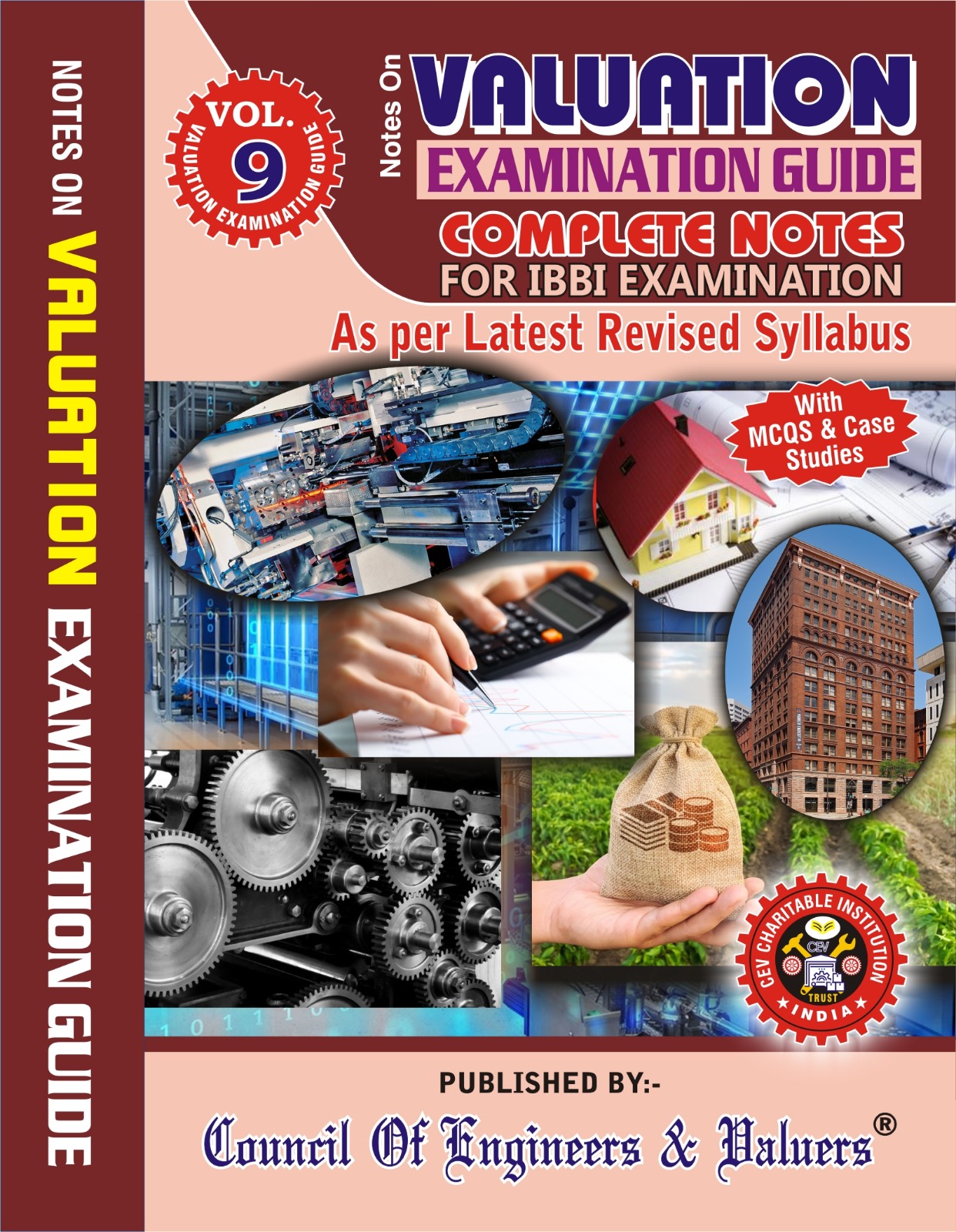Saturday Brain Storming Thought (270) 12/04/2025
TRANSFERABLE PROPERTY IN INDIA
In India, Transferable Property encompasses assets that can be legally transferred, including real estate, vehicles, shares and patents, governed by Transfer of Property Act, 1882
Key Aspects of Transferable Property in India
1) Legal Framework
The Transfer of Property Act, 1882, is the primary legislation governing the transfer of property in India, outlining the legal requirements and procedures
2) Types of Transferable Property
A) Real Estate
Land and buildings can be transferred through sale deeds, lease agreements or mortgages
B) Movable Assets
Tangible goods like vehicles, machinery and other physical terms can be transferred by delivery and documentation
C) Other Assets
Shares, patents and other forms of property are also subject to transfer under this Act
3) Methods of Transfer
A) Sale
Transfer of ownership for consideration (money)
B) Gift
Voluntary transfer of property without consideration
C) Inheritance/Will
Transfer of property to legal heirs upon the death of owner
D) Relinquishment/Release Deed
Transfer of property rights from one co-owner to another
E) Partition Deed
Division of jointly owned property among co-owners
F) Lease
Transfer of right to use and occupy property for a specific period with written considerations
G) Mortgage
Transfer of limited interest in property as security for a loan
H) Exchange
Transfer of property for another property, rather than money
4) Competency to Transfer
Any person who is competent and entitled to transferable property can transfer it, either wholly or in part, absolutely or conditionally, as allowed by law
5) Registration
The Transfer of Property, particularly immovable property, often requires registration with the relevant authorities to be legally valid
6) NRIs and Property Transfer
Non-Resident Indians (NRIs) can transfer any type of immovable property in India, whether residential or commercial subject to certain regulations
7) Succession Laws
Property inheritance is governed by personal laws like the Hindu Succession Act, 1956 and the Indian Succession Act 1925
8) Encumbrance Certificate
An Encumbrance Certificate is an important document that verifies the ownership title and any encumbrances on a property
9) Legal Requirements
Property Transfer in India follows a systematic process that encompasses due diligence, agreement to sell, execution of Saledeed, payment of stamp duty and registration, possession handover, and mutation of records
Key Takeaways of Transferable Property
1) Definition
Property that can be legally transferred or conveyed from one person to another
2) Ownership
Can be owned by individuals, legal entities or even animals or birds
3) Transferability
Can be transferred through a legal process, such as sale, gift or exchange
4) Legal Restrictions
May be subject to certain legal restrictions, such as zoning laws, building codes or environmental regulations
5) Marketability
Usually more marketable and valuable because it can be legally bought and sold
Essentials of Valid Transfer
1) Transfer must be between two or more living persons (Section 5)
2) The property must be transferable (Section 6)
3) Persons competent to transfer (Section 7)
4) The Transfer must be made in the mode prescribed by the Act under Section 9
5) The consideration or subject of transfer must be lawful
6) The transfer must not be opposed to the nature of the interest effected thereby
If the nature of property to be transferred does not admit such transfer, it cannot be transferred (Section 6h)
Persons Competent to Transfer (Section 7)
Competency to contract has been defined under section 11 of the Indian Contract Act, 1872
Section 11 of Indian Contract Act, 1872
Every person is competent to contract –
1) Who is of the age of majority according to the law to which he is subject
2) Who is of sound mind
3) Who is not disqualified from contracting by any law to which he is subject
Age of Majority
Generally the age of majority is 18 except when a guardian of minor is a person or property has been appointed by the court in which case it is 21
The age of majority to be determined according to the law to which a person is a subject
Sound Mind
Under section 12 of the Indian Contract Act, a person is of sound mind of the purpose of making a contract if he is capable of understanding it and of forming a rational judgement as to its effect upon his interest
A contract made by a person of unsound mind is void
Different ways of Transfer of Property in India as per Transfer of Property Act, 1882
1) Sale of Property (Section 54)
A) Definition
A sale refers to the transfer of ownership of property in exchange for money
It is a permanent transfer of rights from the seller to the buyers
B) Key features of Sale
1) Involves a monetary consideration (price paid or promised)
2) Requires a Sale Deed to be executed and registered under the Indian Registration Act, 1908, if the property value is above Rs 100
3) Stamp Duty and registration fees must be paid by the buyer
4) Possession is usually handed over upon completion of payment and registration
C) Documents Required for Sale
1) Sale Deed (Registered)
2) Encumbrance Certificate
3) Title deed of Property
4) No Objection Certificate (NOC,) from relevant authorities
5) Mutation Documents (for updating land records)
2) Gift of Property (Section 122)
A) Definition
A gift is a voluntary transfer of property by one person (donor) to another person (donee) without any consideration (money)
It is mostly used for family settlements and charitable purposes
B) Key features
1) No money exchange is involved
2) The donor must execute a Gift Deed, which must be registered to be legally valid
3) The property must be transferred out of the donors free will, without coercion
4) The donee must accept the gift
5) Once gifted, the transfer is irrovacable
C) Documents Required for Gifting a property
1) Gift Deed (Registered)
2) Identify proof of both parties
3) Encumbrance Certificate
4) Title Deed
D) Tax Implication
1) If the gift is given to a relative, no tax is applicable
2) If the property is gifted to a non-relative, the recipient may have to pay tax under the Income Tax Act, 1961
3) Transfer by Will (Inheritance or Bequest) (Governed by the Indian Succession Act, 1925)
A) Definition
A Will is a legal document which a person bequeaths (transfers) property to legal heirs after their death
B) Key features
1) A will must be signed by a testator (person making the Will) and attested by at least two witnesses
2) Registration of a Will is not mandatory but advisable
3) The legal heirs can claim the property based on the Will after obtaining Probate or Letter of Administration from the court, if required
4) In the absence of a Will, Inheritance laws ( Hindu Succession Act, Indian Succession Act, etc) apply
D) Documents Required
1) A Valid Will (Preferably Registered)
2) Death certificate of the Testator
3) Legal Heir Certificate
4) Transfer through Relinquishment Deed (For Co-owner Property)
A) Definition
A Relinquishment Deed is used when a Co-owner of a property voluntarily surrenders their share in favour of another co-owner
B) Key features
1) Commonly used in the Joint Family Properties
2) It is an irrevocable transfer once executed
3) No consideration (Money) is involved
4) Must be registered under the Indian Registration Act, 1908
C) Documents Required
1) Relinquishment Deed (Registered)
2) Title Deed of the property
3) Identify proof of the parties
5) Transfer through Partition Deed (For Joint Family or Co-owned Property)
A) Definition
A Partition Deed is executed when Co-owners decide to divide a jointly owned property into separate legal portions
B) Key features
1) Used in Hindu Undivided Families (HUFs) and joint property holdings
2) Each co-owner gets an independent title for their share
3) The deed must be registered for legal validity
4) After partition, each share becomes independently transferable
C) Documents Required
1) Partition Deed (Registered)
2) Title Deed of the joint property
3) Identify proof of the Co-owners
6) Transfer through Exchange (Section 118 of the Transfer of Property Act, 1882)
A) Definition
A Exchange is a mutual transfer of ownership of one property in return for another property, with or without money consideration
B) Key features
1) Similar to barter, but applies to immovable property
2) Stamp Duty is applicable on the higher valued property
3) A registered Exchange Deed is required
C) Documents Required
1) Exchange Deed (Registered)
2) The documents of both properties
3) Identify proof of both parties
7) Transfer through Lease (Section 105 of the Transfer of Property Act, 1882)
A) Definition
A lease is a transfer of property rights for a specified period in exchange of periodic payments (rent)
B) Key features
1) The lessee (tenant) gets possession but no ownership
2) The lessor (owner) retains ownership rights
3) A lease agreement must be executed and if above 11 months, must be registered
C) Documents Required
1) Lease Agreement (Registered if above 11 months)
2) Identify proof of both parties
8) Transfer through Mortgage (Section 58 of the Transfer of Property Act, 1882)
A) Definition
A Mortgage is a conditional transfer of property to a lender as security for a loan
B) Key features
1) Ownership remains with the borrower
2) The lender has rights over the property until the loan is repaid
3) A Mortgage Deed is required and must be registered
C) Documents Required
1) Mortgage Deed (Registered)
2) Loan Agreement
3) Encumbrance Certificate
COMPILED BY:-

Er. Avinash Kulkarni
9822011051
Chartered Engineer, Govt Regd Valuer, IBBI Regd Valuer



